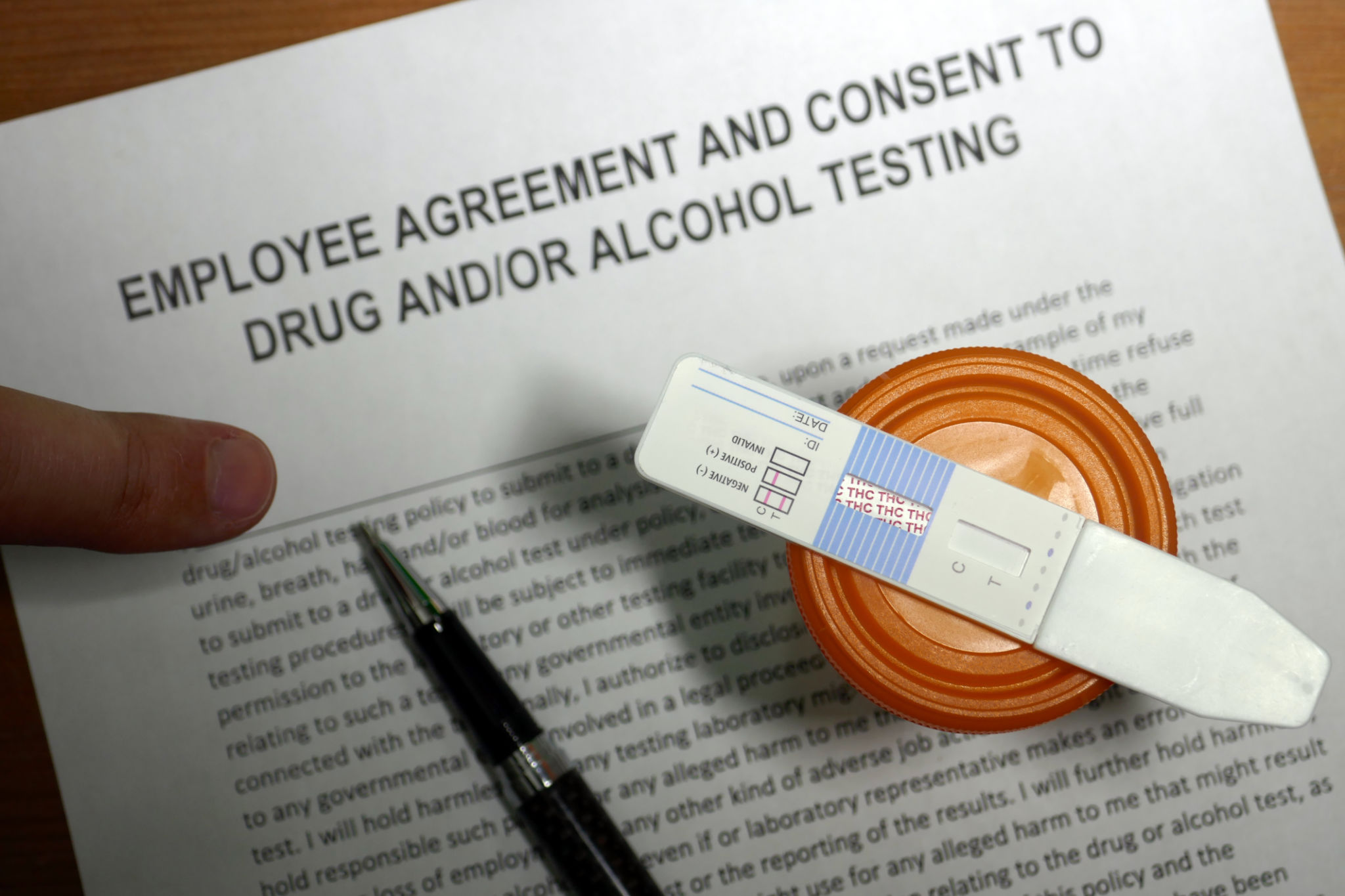Why Regular Drug Testing is Essential for Personal and Workplace Safety
Introduction to Drug Testing
In today's fast-paced world, ensuring safety in both personal and professional environments is paramount. Regular drug testing has emerged as a crucial practice to maintain safety and integrity in various settings. Whether it's in workplaces or during personal assessments, drug testing plays a significant role in promoting health, preventing accidents, and enhancing productivity.

The Impact of Substance Abuse
Substance abuse can have devastating consequences on individuals and organizations. It not only affects an individual's health and well-being but also impacts their ability to function effectively. In workplaces, employees under the influence may pose risks to themselves and others, leading to accidents, injuries, or even fatalities. By implementing regular drug testing, employers can identify and address substance abuse issues early, thereby safeguarding their workforce and workplace environment.
Enhancing Workplace Safety
Workplace safety is a top priority for employers across all industries. Drug testing can significantly reduce the risk of accidents and enhance overall safety by ensuring that employees are fit for duty. Industries that involve operating machinery, handling hazardous materials, or providing healthcare services particularly benefit from regular drug screening. By maintaining a drug-free workplace, companies can foster a safer work environment, which in turn boosts employee morale and productivity.

Promoting Personal Responsibility
Regular drug testing encourages individuals to take responsibility for their actions and health. Knowing that they may be subject to drug tests can deter individuals from engaging in substance abuse. This proactive approach helps individuals make healthier lifestyle choices and contributes to their personal growth and development. Moreover, it provides an opportunity for those struggling with addiction to seek help and support.
Legal and Ethical Considerations
While drug testing is essential, it is equally important to consider the legal and ethical implications involved. Employers must ensure that drug tests are conducted fairly, transparently, and in compliance with relevant laws. Privacy concerns should be addressed, and individuals should be informed about the testing process and their rights. Balancing safety with respect for personal privacy is crucial in the implementation of any drug testing program.

Methods of Drug Testing
There are various methods available for conducting drug tests, each with its own advantages and limitations. Common methods include urine tests, blood tests, saliva tests, and hair follicle tests. Employers should choose the method that best suits their needs while considering factors such as accuracy, cost, and convenience. Understanding these options helps in designing an effective drug testing program tailored to specific requirements.
Implementing a Successful Drug Testing Program
A successful drug testing program requires careful planning and execution. Employers should establish clear policies regarding drug testing procedures, frequency, and consequences of positive results. Training supervisors to recognize signs of substance abuse and providing support for employees in need are also vital components of a comprehensive program. Regular reviews and updates of the program ensure its continued effectiveness in adapting to changing needs.

Conclusion
Regular drug testing is an indispensable tool for ensuring personal and workplace safety. By addressing the potential risks associated with substance abuse, organizations can create safer environments that foster productivity and well-being. It is not only a preventive measure but also an opportunity to promote healthier lifestyle choices among individuals. As such, embracing regular drug testing is a step towards a safer and more responsible future.
